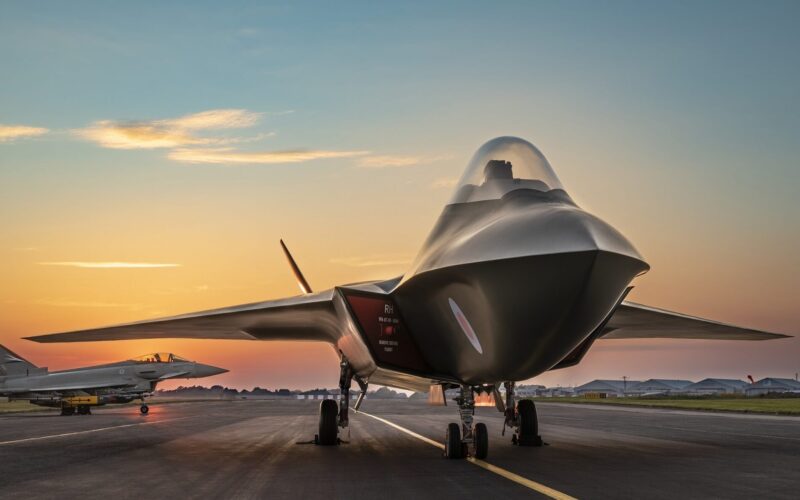The Tempest program took a huge step forward with two almost-simultaneous announcements from the United Kingdom Ministry of Defence and the Swedish manufacturer Saab.
On July 20, 2020, the British Defence Secretary Ben Wallace confirmed that seven new companies joined the already existing industrial team composed of BAE Systems, Leonardo UK, MBDA UK, and Rolls-Royce. The new partners are Bombardier Belfast, Collins Aerospace in the UK, GE Aviation UK, GKN Aerospace, Martin Baker, QinetiQ, and Thales UK.
“Today’s announcement demonstrates further progress in delivering the UK’s combat air strategy, with more companies collaborating on the future of the UK’s Air Defence,” Wallace commented at the Farnborough International Airshow. “I am delighted that the success and strengths of Team Tempest are being enhanced through drawing on UK expertise; working with industrial partners and highly capable international team we are configured for future success.”
We are very excited to announce that #TeamTempestUK is expanding!
— Team Tempest (@TeamTempestUK) July 20, 2020
Today, @BWallaceMP announced at #FIAConnect that seven further companies will be joining the programme.
Find out more by clicking the link below https://t.co/ZFr5P8PGzf pic.twitter.com/VQzd0SNfQm
With the help of other small-to-medium enterprises and universities, the industrial partners are expected to field more than 60 technology prototypes and demonstration activities.
The second announcement came from Saab, which plans to build a new Future Combat Air Systems (no, not that one) center in the United Kingdom. At the price of £50 million ($63 million), the new facility will provide the Swedish manufacturer with a foothold in the core country of the Tempest program. The exact location is under consideration.
“Saab took the decision to create a new FCAS centre so that we can further develop the close working relationship with the other FCAS industrial partners and the UK Ministry of Defence,” said President and CEO of Saab Micael Johansson. “This emphasizes the importance of both FCAS and the United Kingdom to Saab’s future.”

